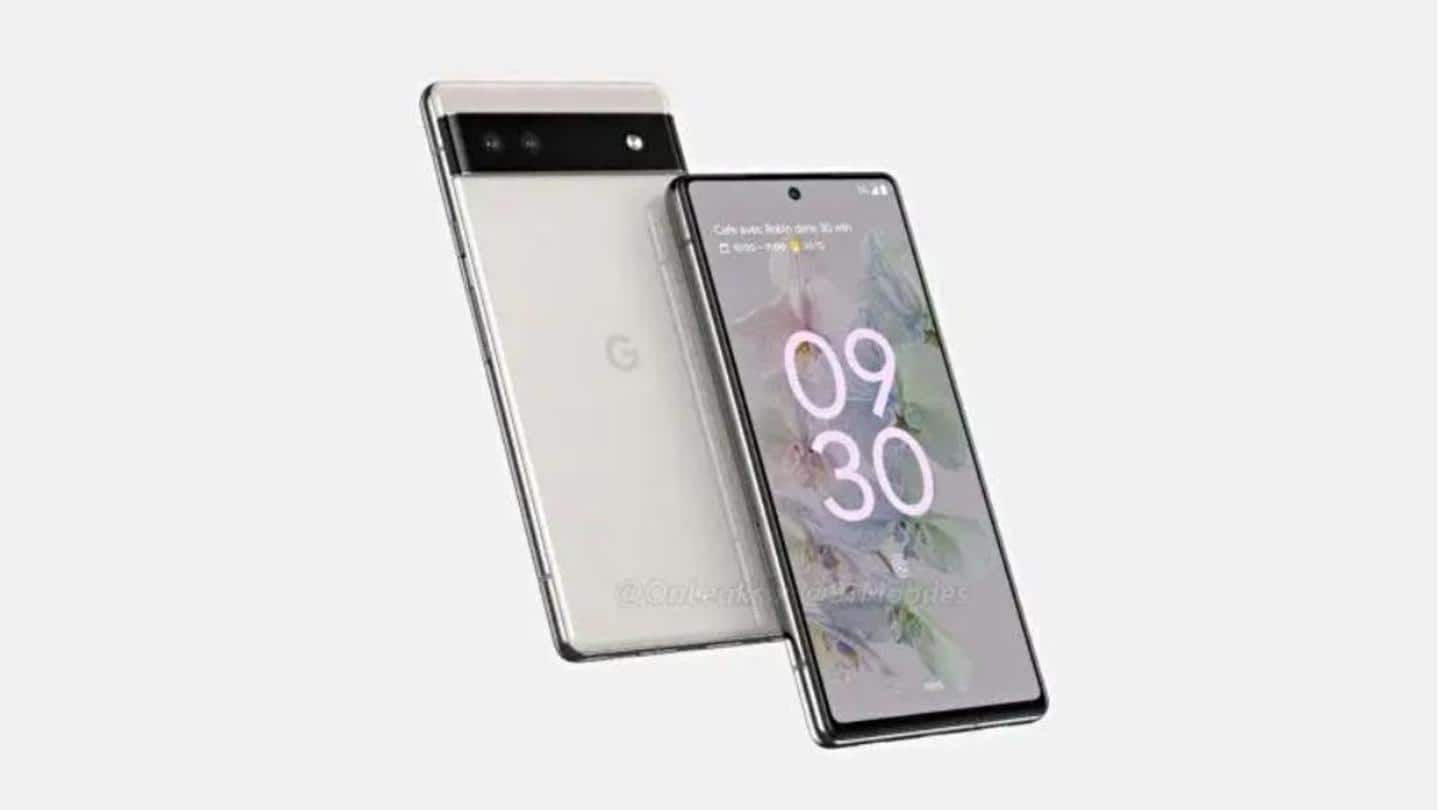
Google Pixel 6a enters private testing in India; launch imminent
What's the story
Google is gearing up to announce a new Pixel smartphone in India and it could be the more affordable Pixel 6a.
According to tipster Mukul Sharma, a "new Google Pixel smartphone is undergoing private testing in India." The name of the device is unclear but "there are chances that it could be the Google Pixel 6a."
Context
Why does this story matter?
Google Pixel 6a will debut as a more affordable version of the flagship Pixel 6 and 6 Pro. Since Google I/O is just around the corner, the brand might unveil the smartphone at the event.
Being a scaled-down version of the Pixel 6, it will lack some premium features so as to achieve a budget-friendly price-tag.
Design and display
The handset may get 90Hz AMOLED screen
The Google Pixel 6a is likely to have a centrally-aligned punch-hole cut-out with a noticeable bottom bezel and an in-display fingerprint reader. The rear panel of the smartphone will sport a dual-tone design with a full-width camera bar.
The device is expected to arrive with a 6.2-inch Full-HD+ (1080x2400 pixels) AMOLED screen with a 90Hz refresh rate.
Information
It could have 12MP dual rear cameras
The Pixel 6a will bring in a dual rear camera arrangement that may comprise a 12MP main lens and a 12MP ultra-wide snapper. On the front, the phone could get an 8MP selfie shooter.
Internals
The handset could pack a 4,500mAh battery
The Pixel 6a will be backed by a Tensor chipset, paired with 6GB of RAM and 128GB of storage.
The device is likely to boot Android 12 and it may draw fuel from a 4,500mAh battery with support for 30W fast-charging technology.
Connectivity options on the device may include 5G, Wi-Fi 6E, Bluetooth 5.2, NFC, and a Type-C port.
Information
Google Pixel 6a: Pricing and availability
The pricing and availability details of the Google Pixel 6a will be disclosed at the time of its launch, which may happen at the upcoming Google I/O event starting May 11. It may bear a price-tag of around $450 (around Rs. 35,000). (Source: Mukul Sharma)